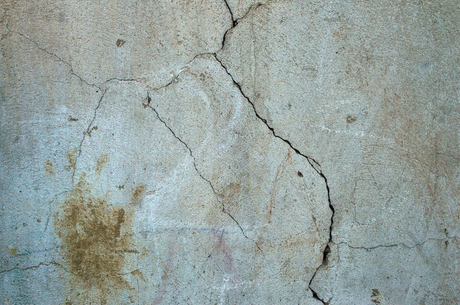So, you’re thinking of buying a house? That’s great! It’s one of the most significant investments you’ll ever make in your life. However, before you sign on that dotted line, you must do your due diligence and check for any hidden defects that may not be visible to the naked eye. This blog post will teach you how to do just that. We’ll cover everything from water to termite damage, so you can be sure that the house you’re buying is in good condition.

Via Pexels
Don’t Ignore the Smells
One of the first things you should do when you walk into a house is to take a big sniff. If there are any funky smells, it could be a sign that there’s something wrong. For example, if you smell mold or mildew, it could signify water damage. If you sense something musty, it could be a sign of termite damage. An odd smell is usually a dead giveaway that something is wrong, so be sure to take a good sniff before you buy.
Check for Damage Around the House
When looking at an older home, it’s essential to check for any damage that may have occurred over the years. For example, look for cracks in the foundation or damaged shingles on the roof. These are signs that the house has not been well-maintained and could be expensive to repair. It’s also a good idea to have a professional inspector come and take a look at the property before you make an offer. They’ll be able to spot any hidden damage that you may not be able to see. Then, if you decide to invest, you can contact 1-800 Water Damage to help with any future water damage.
Another potential issue to be aware of is termites. These pests can cause a lot of damage to a home if they’re not treated right away. If you see any signs of termites, such as wood that’s been chewed through, a professional must inspect the property. They’ll be able to determine if there’s an infestation and recommend the best course of treatment.
Faulty electrical systems are another big problem that can go unnoticed. If you’re not an experienced electrician, it’s best to hire someone to come and take a look at the property before you make an offer. They’ll be able to spot any potential issues and advise you on whether or not the house is worth investing in.
Be Thorough During the House Showing
When looking at a house, it’s essential to be thorough. Take your time to walk around the property and note any potential problems. If you have any doubts about anything, don’t hesitate to ask the real estate agent or the owner of the home. They should be able to answer any questions that you have.
Know What Your Legal Rights Are
Before you sign on the dotted line, you must understand your legal rights. In most cases, you’ll have a grace period of at least three days to back out of the sale if you find any hidden defects with the property. This is known as the “right to cancel.” Check your state’s laws to see how long you must cancel the sale.
If you find any hidden defects after you’ve already bought the house, you may be able to negotiate with the seller to have them fix the problems or lower the price of the home. This will depend on the laws of your area and how much money it would cost to correct the problem.
It’s essential to do your due diligence when buying a home. Be sure to check for any hidden damage and have a professional inspector take a look at the property. It’s also a good idea to understand your legal rights if you find any problems after you’ve bought the house. Following these tips can avoid any nasty surprises down the road.
Thank you for reading!


